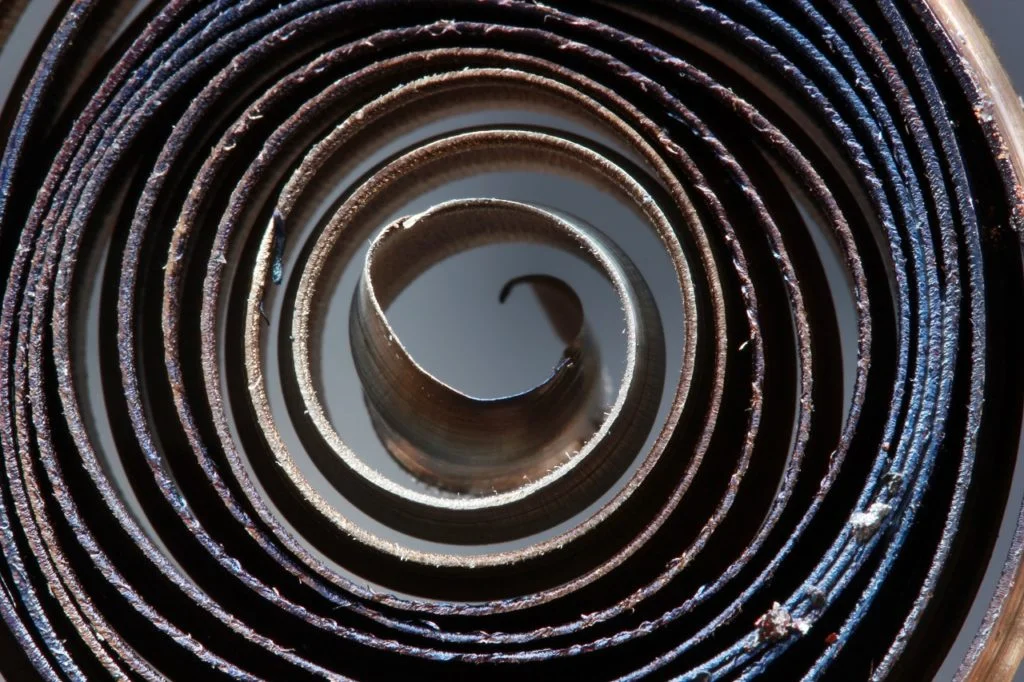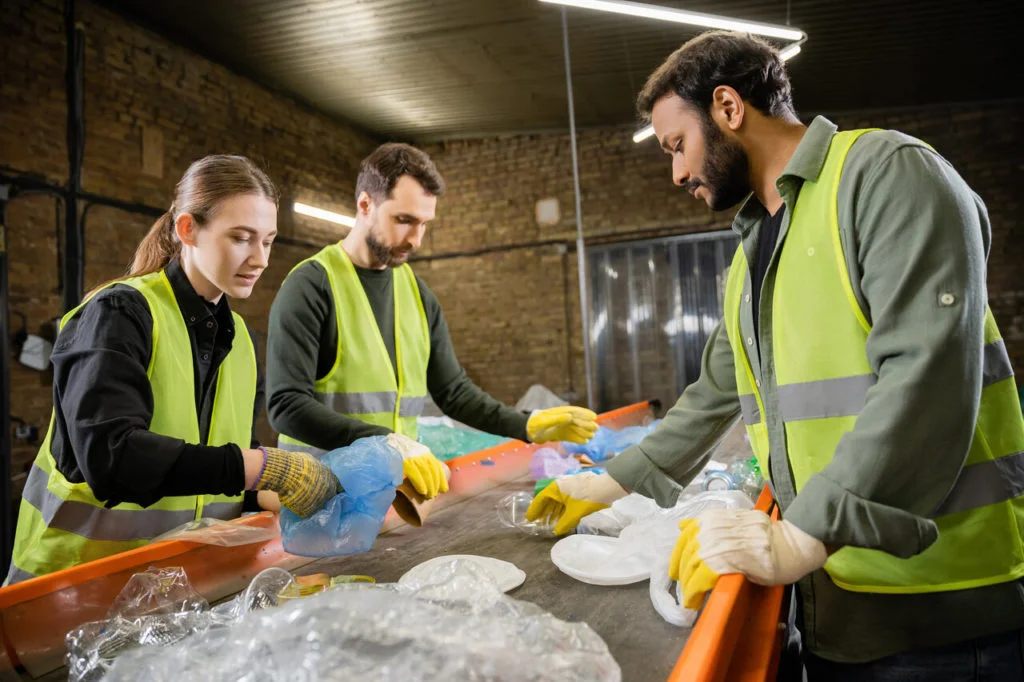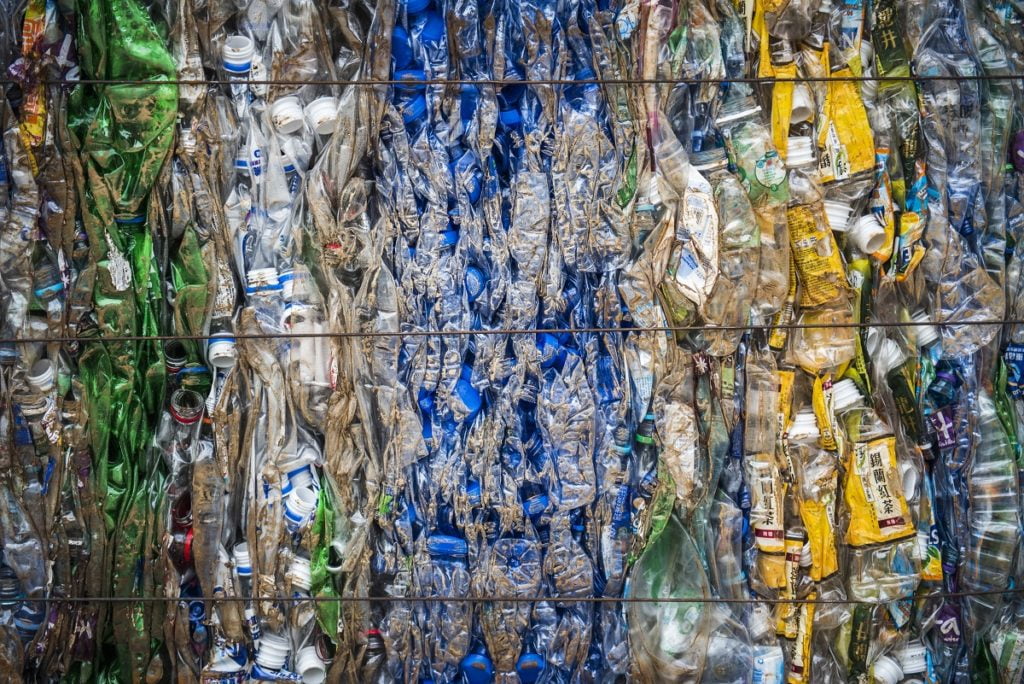The growing concern for the environment and the push to reduce plastic waste has led to a surge in the recycling industry. In the UK, recycling rates have improved significantly over the past decade, and the plastic recycling sector has significantly contributed to this success. Recycled plastic pellet, is the end result of the recycling process, and this reprocessed material has numerous applications across various industries.
Today, we will delve into the world of reprocessed pellets, discussing their production process, benefits, applications, and their role in promoting a circular economy in the UK:
The Production Process for Reprocessed Plastic Pellet
Recycling plastic involves a series of steps that transform plastic waste into reprocessed pellets. Here’s a simple overview of the process:
1. Collection and Sorting
Plastic waste is collected from households, businesses, and other sources. The waste is then sorted into different categories based on its polymer types, such as PET, HDPE, PP or PVC etc.
2. Washing and Cleaning
The sorted plastic is washed to remove dirt, food residue, and other contaminants. This step may involve the use of detergents, hot water, or other cleaning agents, depending on the type of plastic.
3. Shredding
Cleaned plastic is shredded into small flakes or chips, making it easier to process further. Shredding also helps in removing any labels, adhesives, or other remaining contaminants.
4. Extrusion and Pelletising
The shredded plastic is melted and extruded through a die, which shapes it into long strands. These strands are then cooled and cut into small pellets . The pellets may be further processed to remove any residual contaminants or to improve their mechanical properties.
5. Quality Control
The reprocessed pellets undergo stringent quality checks to ensure they meet industry standards and are suitable for their intended applications.
Benefits of Reprocessed Pellet
There are several benefits associated with using reprocessed pellet as an end result of the recycling process, including:
1. Environmental Benefits
The recycling process helps in reducing the amount of plastic waste that ends up in landfills or oceans, thereby mitigating environmental pollution. Additionally, manufacturing reprocessed pellet, requires less energy and emits fewer greenhouse gases compared to manufacturing virgin plastic.
2. Economic Benefits
Recycling plastic waste creates jobs and contributes to the growth of the circular economy in the UK. Reprocessed pellets are also often more cost-effective than virgin materials, offering savings for manufacturers and consumers alike. Manufacturers have been encouraged to use 20% reprocessed material in their products to give them tax savings on their work
3. Resource Conservation
Using reprocessed pellets reduces the demand for virgin materials, which helps in preserving natural resources and reduces the environmental impact of plastic production.
Applications of Reprocessed Pellet
Reprocessed pellets are versatile and can be used as raw materials in various industries. Some of the common applications include:
1. Packaging
Reprocessed pellets can be used to produce various types of packaging materials, such as bottles, containers, and films.
2. Construction
The construction sector can benefit from using reprocessed pellets in the production of pipes, insulation materials, and composite lumber.
3. Automotive
Reprocessed pellets are used in the manufacturing of various automotive components, including bumpers, dashboards, and interior parts.
4. Textiles
Reprocessed pellets can be transformed into fibres and yarns, which are then used to produce textiles and garments.
5. Furniture
Lastly, reprocessed pellets can also be used in the production of outdoor furniture, garden accessories, and decking materials.
Conclusion
Overall, reprocessed pellets are essential for supporting a circular economy in the UK, providing various environmental, economic, and resource-saving advantages. With the increasing need for eco-friendly solutions, the significance of these recycled plastic particles is expected to grow. By recognising and appreciating their benefits and uses, we can continue to make a positive impact on the environment and society as a whole.
Pulse Plastics, a cutting-edge, independent plastic solutions company in the UK, is constantly growing its network to attract partners interested in having their waste plastic reprocessed. If you are looking for plastic reprocessing services to help you cut down on waste and more, work with us today!


